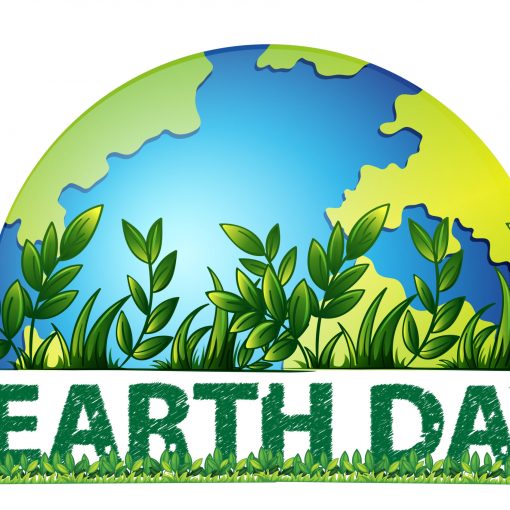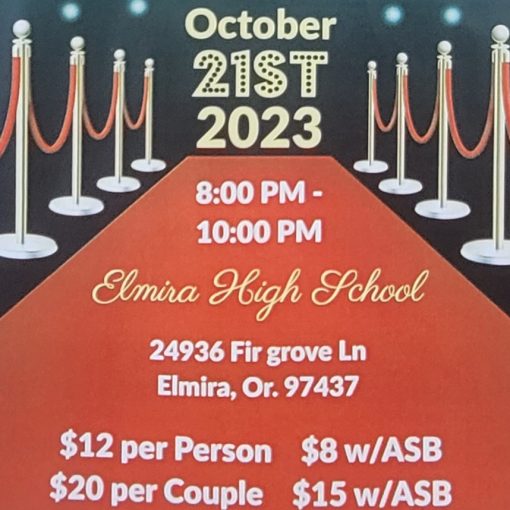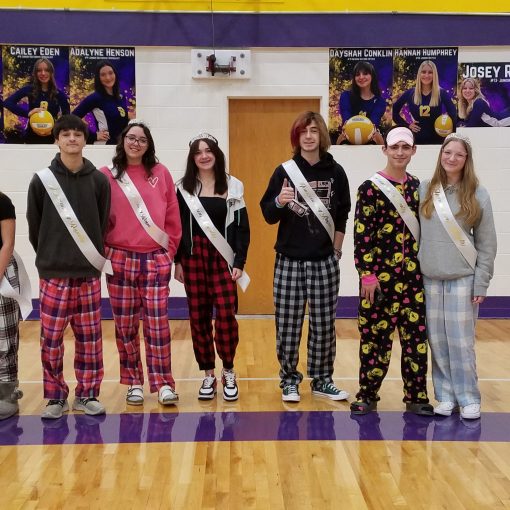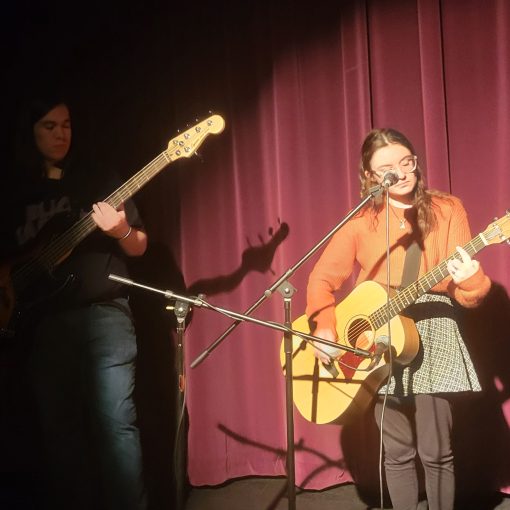This last week of September is not only a time to celebrate free speech, but the freedom to read as well. Banned Books Week starts Sept. 26 and runs until Oct. 2.
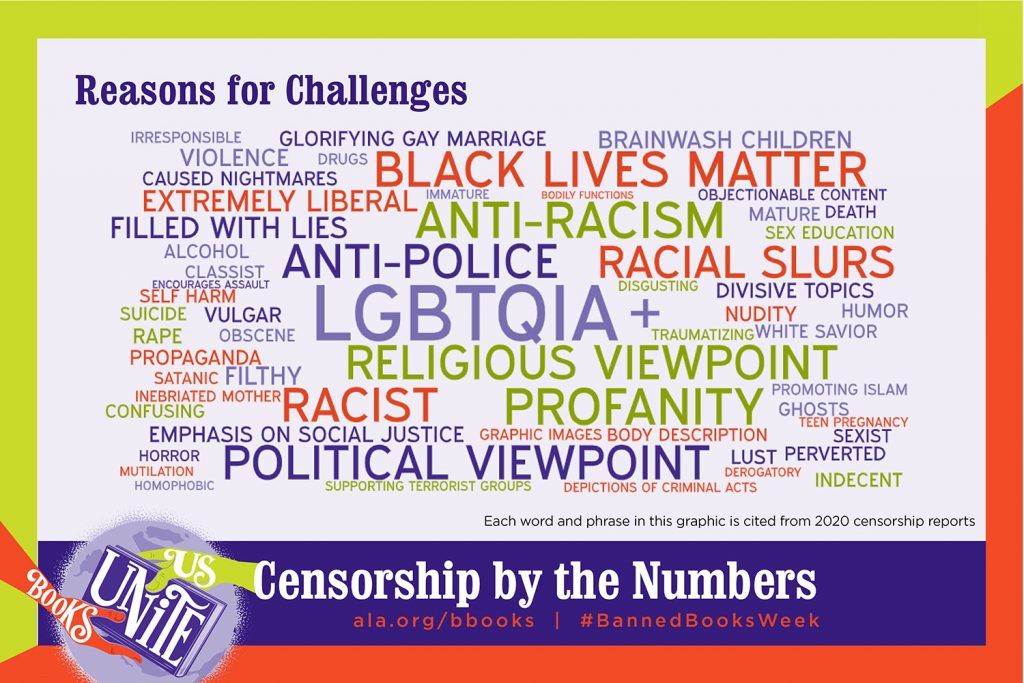
Banned Books Week is a yearly celebration of our right to read. The event brings awareness to books that have been challenged and banned in libraries and schools because of their content. Books can be challenged for any number of reasons, often for content that the reader doesn’t respect or agree with. According to the American Library Association (ALA), these reasons include themes of: LGBTQIA+, suicide, violence, drugs and alcohol, religious viewpoints, and political viewpoints.
It often surprises people that some of their beloved classics have been challenged or banned. One shocking challenge was on the popular children’s book Winnie the Pooh. According to Newsweek, Winnie the Pooh was challenged for being a “religious abomination”, simply because it contained talking animals that were contradictory to Christianity.
Another popular banned book is The Fault in Our Stars by John Green. The young adult novel was banned at a middle school in Riverside, California after a parent raised their concerns. The primary reason behind the banning was that it had a heavy theme of mortality that was deemed inappropriate for the students in the middle school, according to Vanity Fair.
John Green responded to the ban with:
“I guess I am both happy and sad. I am happy because apparently young people in Riverside, California will never witness or experience mortality since they won’t be reading my book, which is great for them. But I am also sad because I was really hoping I would be able to introduce the idea that human beings die to the children of Riverside, California and thereby crush their dreams of immortality.”
If you want to learn more about Banned Books Week or find a banned book make sure to find Ms. Nicole in the library!
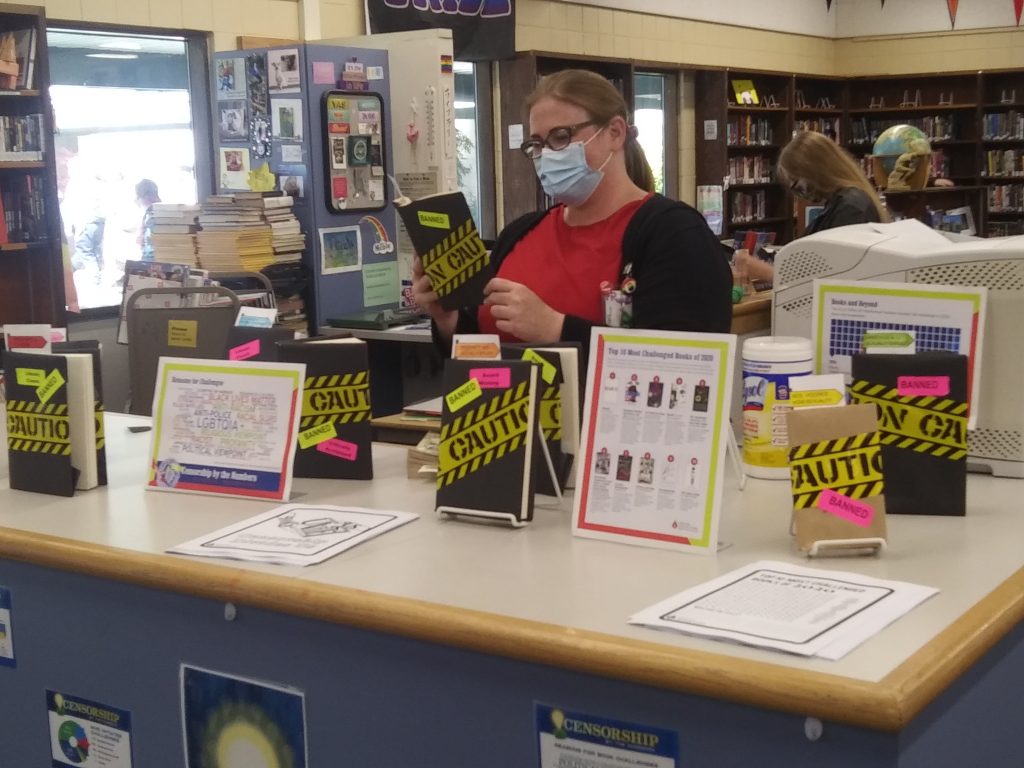
This year’s top 10 Banned Books list includes:
- George by Alex Gino. Challenged, banned, and restricted for LGBTQIA+ content, conflicting with a religious viewpoint, and not reflecting “the values of our community.”
- Stamped: Racism, Antiracism, and You by Ibram X. Kendi and Jason Reynolds. Banned and challenged because of the author’s public statements and because of claims that the book contains “selective storytelling incidents” and does not encompass racism against all people.
- All American Boys by Jason Reynolds and Brendan Kiely. Banned and challenged for profanity, drug use, and alcoholism and because it was thought to promote antipolice views, contain divisive topics, and be “too much of a sensitive matter right now.”
- Speak by Laurie Halse Anderson. Banned, challenged, and restricted because it was thought to contain a political viewpoint, it was claimed to be biased against male students, and it included rape and profanity.
- The Absolutely True Diary of a Part-Time Indian by Sherman Alexie. Banned and challenged for profanity, sexual references, and allegations of sexual misconduct on the part of the author.
- Something Happened in Our Town: A Child’s Story about Racial Injustice by Marianne Celano, Marietta Collins, and Ann Hazzard, illustrated by Jennifer Zivoin. Challenged for “divisive language” and because it was thought to promote antipolice views.
- To Kill a Mockingbird by Harper Lee. Banned and challenged for racial slurs and their negative effect on students, featuring a “white savior” character, and its perception of the Black experience.
- Of Mice and Men by John Steinbeck. Banned and challenged for racial slurs and racist stereotypes and their negative effect on students.
- The Bluest Eye by Toni Morrison. Banned and challenged because it was considered sexually explicit and depicts child sexual abuse.
- The Hate U Give by Angie Thomas. Challenged for profanity, and because it was thought to promote an antipolice message.

